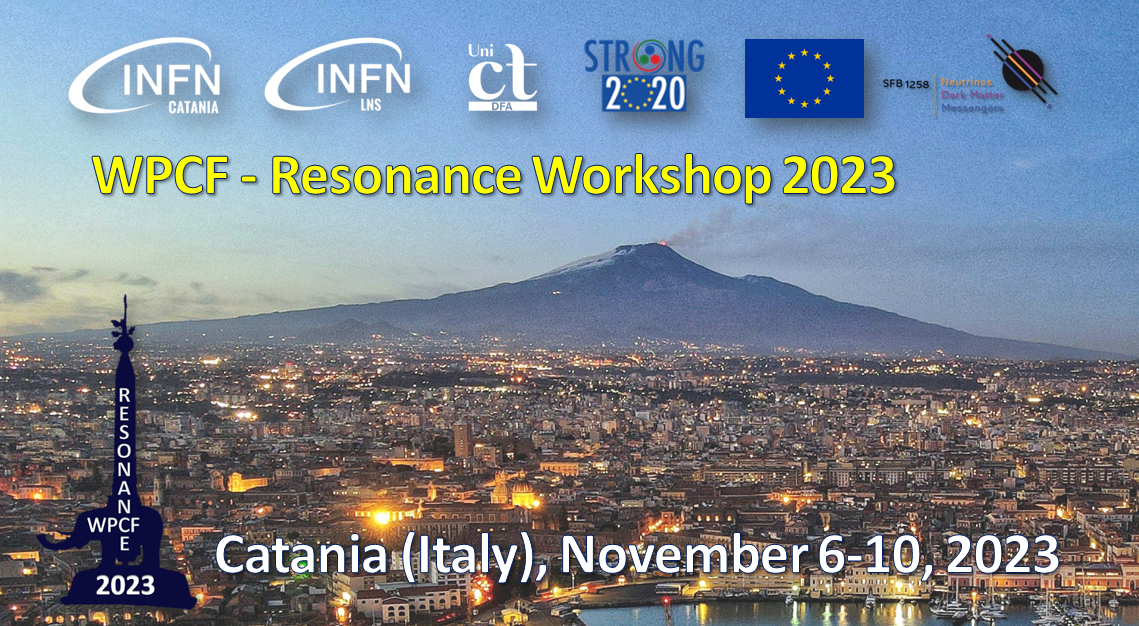Speaker
Description
We present novel insights into the elusive $\rm{f}_{0}(980)$ hadron's quark composition and the interaction of heavy charm quarks with the quark-gluon plasma (QGP) through the anisotropic flow measurement of $\rm{D}^{0}$ in Heavy-Ion collisions. The $\rm{f}_{0}(980)$, whose precise configuration has remained controversial, is reconstructed for the first time via its dominant decay channel, $\rm{f}_{0}(980) \rightarrow \pi^{+}\pi^{-}$, using data from proton-lead collisions at 8.16 TeV, as collected by the CMS experiment. The azimuthal angle anisotropy $v_{2}$ of $\rm{f}_{0}(980)$ relative to the event plane is also investigated, allowing us to extract the $v_{2}$ parameter for the $\rm{f}_{0}(980)$ and compare it with other hadrons. In addition, we also investigate how heavy quarks interact with QGP by measuring the coefficients of azimuthal anisotropy ($v_{n}$) of $\rm{D}^{0}$ mesons in lead-lead collisions at 5.02 TeV with CMS experiment. The measurements cover a wide range of transverse momentum and thus reveal the flow formation mechanisms of heavy charm quarks, illuminating the diffusion and path-dependent parton energy loss.

